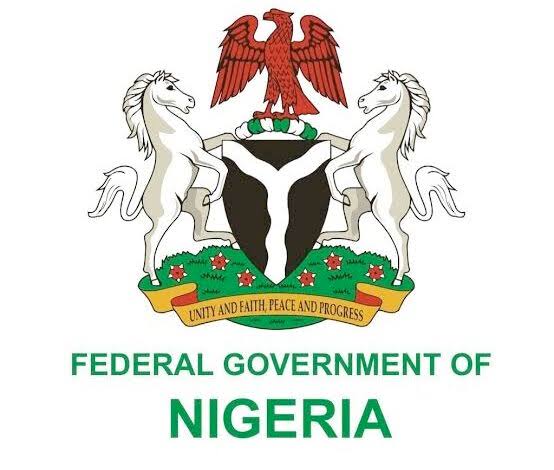
The Federal Government has announced plans to complete the digitalisation of all 774 local government headquarters across Nigeria by 2027, aiming to enhance access to digital public infrastructure and foster inclusive development nationwide. This initiative will be led by the Ministry of Communications, Innovations, and Digital Economy in partnership with key agencies, including Galaxy Backbone (GBB), Nigerian Communication Satellite Limited (NigComSat), and the Universal Service Provision Fund (USPF).
Speaking at a stakeholders’ retreat in Abuja on Project 774 connectivity, Minister of Communications, Innovations, and Digital Economy, Dr. Bosun Tijani, outlined the timeline and goals of the project. “By 2027, we aim to reach all 774 local governments, as outlined in our blueprint,” Tijani said. The project focuses on providing affordable, reliable internet access and resources to ensure efficient public service delivery, particularly in underserved and remote areas.
Tijani noted that the digitalisation project will facilitate better public services at the local level, including in healthcare, education, social welfare, infrastructure development, and waste management. He emphasized that connected local government offices would empower local entrepreneurs and enhance access to information and services.
Oluyomi Arowosafe, Executive Secretary of the USPF, highlighted the project’s role in promoting social inclusiveness and equity by extending ICT resources to underserved rural areas. He added that the USPF would support connectivity efforts through subsidies and grants, helping to fulfill the federal government’s strategic priorities on economic growth and social inclusion.
Kogi State’s Commissioner for Information and Communications, Kingsley Fanwo, also shared progress in his state, where several local government areas are already benefiting from the project. “We want all the LGAs to enjoy this connectivity, as it not only supports the local government councils but also enhances the functioning of many government offices,” Fanwo said.
The digitalisation of local governments is expected to improve Nigeria’s Human Development Index by fostering greater citizen engagement and strengthening the capacity of local government councils across the country.
